The Temperature Controller is an advanced device designed to precisely regulate and maintain temperatures within a desired range in various industrial processes. Offering intuitive operation, robust performance, and versatile functionality, this controller ensures optimal temperature control for enhanced efficiency, quality, and safety in diverse applications.
Key Features:
- PID Control Algorithm: Equipped with a sophisticated PID (Proportional-Integral-Derivative) control algorithm, the temperature controller delivers precise and stable temperature regulation with minimal overshoot or oscillation.
- User-friendly Interface: Featuring an intuitive user interface with a clear display and easy-to-use controls, the temperature controller simplifies setup, configuration, and monitoring of temperature parameters.
- Multi-channel Inputs: Capable of accepting inputs from various temperature sensors such as thermocouples, RTDs (Resistance Temperature Detectors), and thermistors, allowing flexibility in temperature measurement and control.
- Reliable Output Control: Offers reliable output control options including relay, SSR (Solid-State Relay), or analog output, ensuring compatibility with different heating or cooling systems for seamless integration into industrial processes.
- Alarm Functionality: Incorporates configurable alarm functions to alert operators of temperature deviations or system faults, enabling prompt corrective action to prevent process disruptions or product quality issues.
Applications:
- Industrial Heating and Cooling: Used in manufacturing processes such as plastics molding, food processing, and pharmaceutical production to regulate temperatures in ovens, furnaces, chillers, and refrigeration systems.
- Environmental Chambers: Deployed in environmental chambers, incubators, and climate-controlled chambers for precise temperature control in research laboratories and testing facilities.
- HVAC Systems: Integrated into heating, ventilation, and air conditioning (HVAC) systems for maintaining comfortable indoor temperatures in commercial buildings, hospitals, and data centers.
- Thermal Management: Applied in thermal management systems for electronic devices and machinery to prevent overheating and ensure optimal performance and reliability.

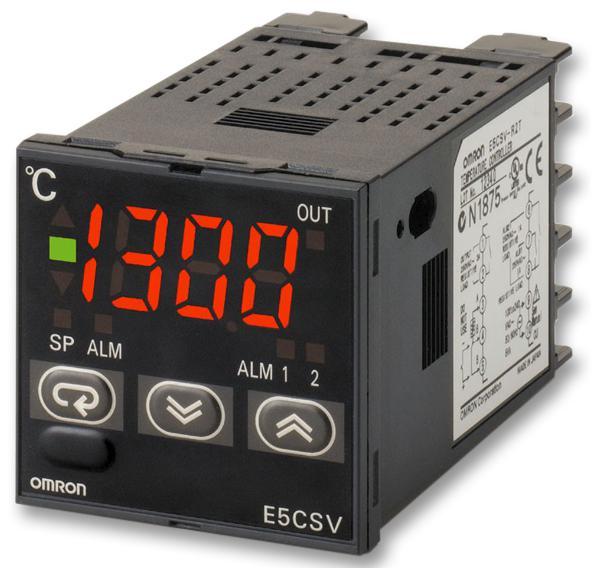
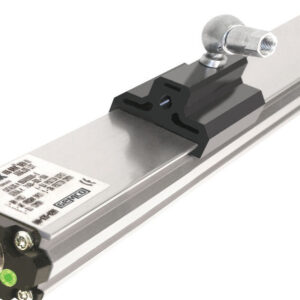
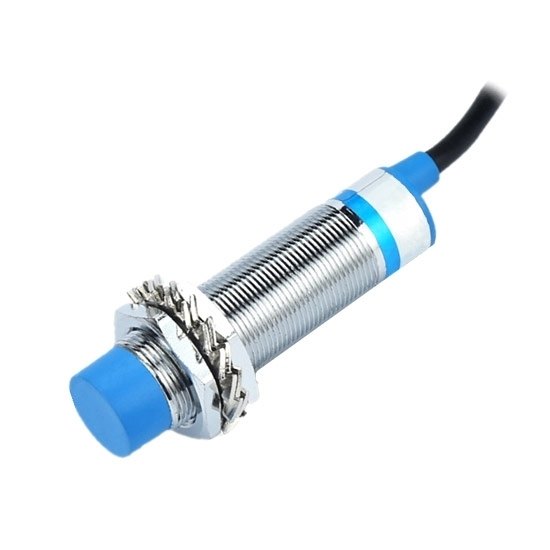
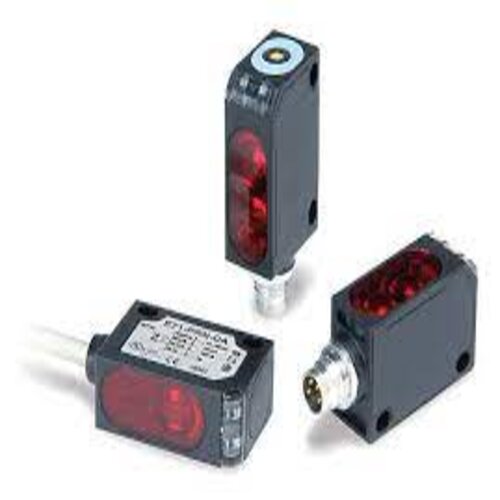
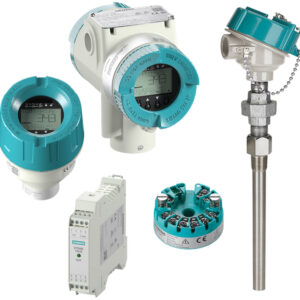









Reviews
There are no reviews yet.